Resources
The Role of Cultural Resources
There are three basic sources of individual or group learning and action:
- Engagement with life challenges and observation of life
- Direct contact with examples, teaching and situations of others
- Drawing on societal and cultural resources
The conventional meaning of culture that equates culture with arts and entertainment has very limited usefulness in understanding human and social development. To understand the way human priorities, attitudes, beliefs and behaviours are constructed, we need to understand the ecology of influences that humans draw on to tell us what to value, believe, and do.
The adaptive capacity of a social entity varies directly with the scope and quality of the cultural resource fields accessed and applied. Cultural resource fields are like libraries in that some sections may be heavily used, others may be overlooked or forgotten. Social entities become dysfunctional when the social and cultural resources they draw on or create don’t equip them to handle existing and/or emerging adaptive challenges. Dark Ages are not so much a failure of culture, but a failure of societies to strive to embody the highest levels of culture.


